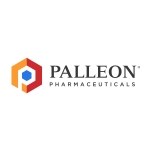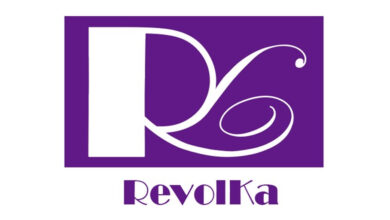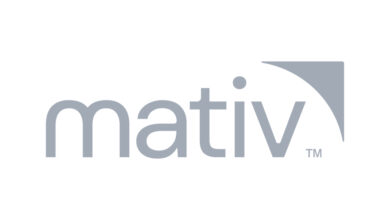Palleon Pharmaceuticals Presents Data Suggesting Role of Hypersialylation in Metastatic Melanoma Patients’ Resistance to PD1 Inhibitors

WALTHAM, Mass.–(BUSINESS WIRE)–Palleon Pharmaceuticals, a company pioneering the field of glycan-mediated immune regulation to treat cancer and inflammatory diseases, today announced the presentation of data supporting the role of hypersialylation in the immune escape of metastatic melanoma at the AACR Annual Meeting held virtually April 10-15, 2021.
The research, conducted in collaboration with Massachusetts General Hospital, used Palleon’s HYDRA technology to quantify immunosuppressive sialoglycans of melanoma tumor samples. The tumor tissue had been surgically removed from patients with stage IV melanoma (n=54) who had had zero to four prior rounds of immunotherapy treatment, prior to their initiation of treatment with a PD1 inhibitor. Hypersialylation of tumor cell-surface glycans is known to correlate with poor cancer prognosis, potentially by enabling tumors to evade immune detection. In this study, researchers aimed to evaluate how hypersialylation might contribute to a cancer’s resistance to immune checkpoint therapies.
Results of this analysis showed that patients who had high HYDRA signatures experienced poor outcomes on PD1 inhibitor therapy both in terms of progression-free survival and overall survival. Additionally, these signatures did not correlate with other common melanoma biomarkers such as BRAF-mutation, liver metastases, or TILs, suggesting that hypersialylation may impact response to PD1 inhibitors independently of these pathways.
“This analysis represents an important validation of HYDRA for detecting hypersialylation signature as a potential prognostic biomarker for patients undergoing cancer treatment. Melanoma patients resistant to PD1 inhibitors with high HYDRA signatures may be candidates for the enzymatic sialoglycan degrader that Palleon is now advancing toward clinical studies,” said Li Peng, Ph.D., Chief Scientific Officer of Palleon and the poster’s principal author. “We are continuing to hone the HYDRA technology, including via ongoing longitudinal study of this patient cohort. We believe HYDRA could offer a powerful tool to support Palleon’s clinical trial patient enrichment strategies and to guide optimal dosing of Palleon’s therapeutic candidates.”
The poster, titled “Melanoma patients with multi-Siglec ligands as profiled by HYDRA technology are refractory to PD1 blockade,” can be accessed at the conference (#491) or via Palleon’s website on Saturday morning, April 10th at 8:30am ET.
About Palleon Pharmaceuticals
Palleon Pharmaceuticals is the leading biotechnology company developing drugs that target glycan-mediated immune regulation to treat cancer and inflammatory diseases. The company’s proprietary platforms integrate technologies and insights from global scientific leaders in the glyco-immunology field to overcome historical scientific hurdles and create novel therapeutics for devastating diseases characterized by immune system dysfunction. Palleon’s lead program in oncology, an enzymatic sialoglycan degrader for T cell exhaustion in cancer, is expected to enter clinical testing in 2021. The company has several other drug discovery programs underway in disease areas where glycan-mediated immune regulation plays a role, including inflammatory diseases such as autoimmunity and fibrosis. Palleon was launched in 2015. The company recently raised a $100 million Series B financing from leading investors Matrix Capital Management, Surveyor Capital (a Citadel company), SR One, Pfizer Ventures, Vertex Ventures HC, Takeda Ventures and AbbVie Ventures. Learn more at www.palleonpharma.com.
Contacts
Palleon Media
Thomas Stephenson
Ten Bridge Communications
[email protected]
617-448-1803





